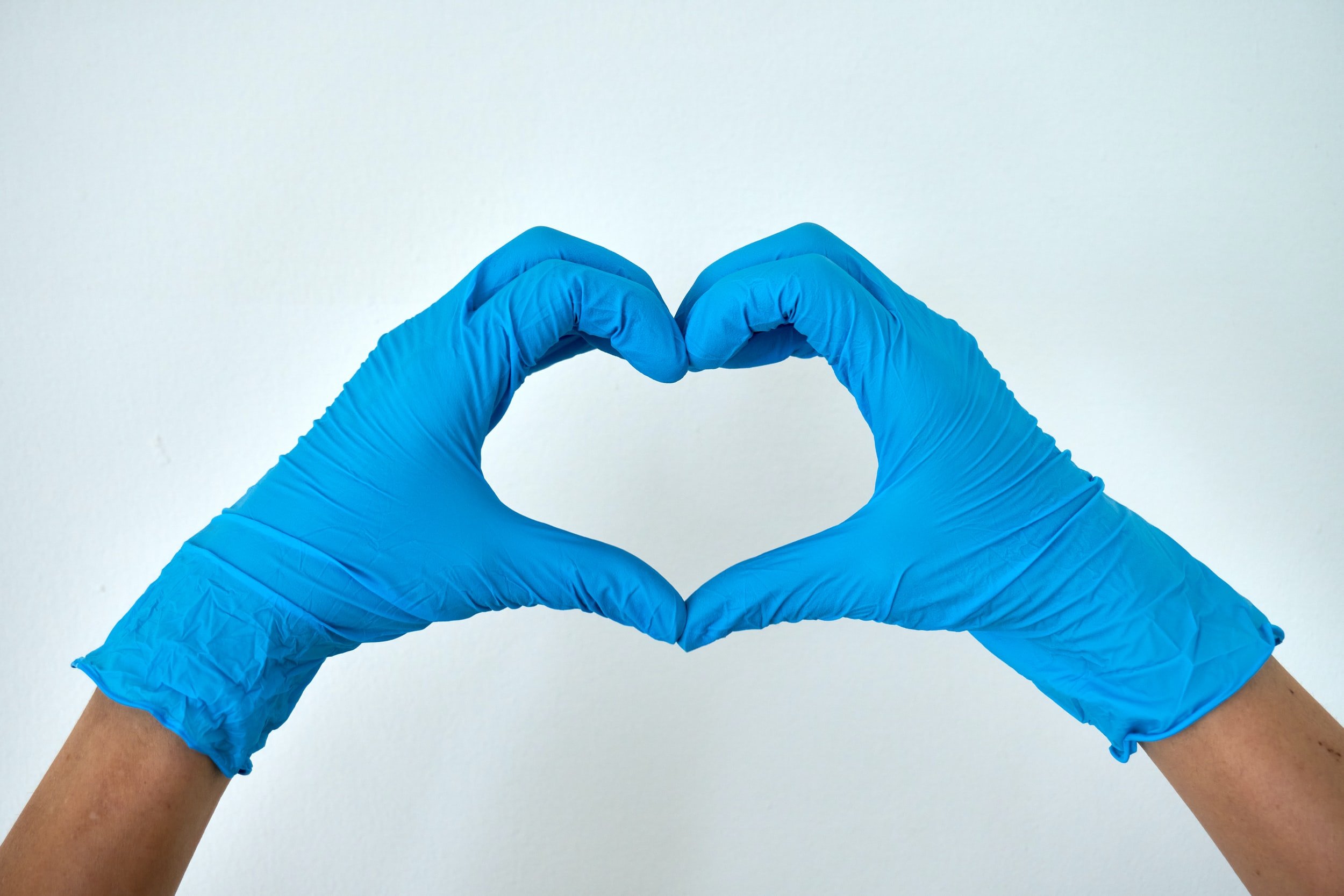80,260,092 and 983,237.
Respectively, these are the numbers of reported COVID-19 cases and deaths in the United States. The effects of COVID-19 impact people who contracted the disease, families who lost someone, and people at risk who have been in isolation for over one year. One group who has been heavily affected by the pandemic is healthcare professionals. Healthcare workers were thrown into the frontlines without proper equipment, including PPE, and, at one point during the height of the pandemic, they also did not have enough ICU beds and ventilators. Because healthcare workers lacked medical equipment, they were more likely to contract COVID-19, which reduced the “quality and quantity of care available.”
In addition, because of the fast spread of COVID-19, some doctors had to stop practicing their elective surgeries, which led to a reduction of hours worked and a cut in salaries. Some healthcare workers had to refocus their practices from specialized to general areas of medicine. Others, including medical students, residents, and retired physicians, were thrown to the frontlines despite lacking the necessary training for a relentless and persistent pandemic.
Because healthcare workers lacked supplies, the ability to perform elective surgeries, and sufficient information about COVID-19, they had to find new ways to care for patients, thus opening themselves up to more civil liability. And while the federal government started to provide more protection to the healthcare industry by issuing the CARES Act and expanding the PREP Act, it is not enough.
The Coronavirus Aid, Relief, and Economic Security (“CARES”) Act
In March 2020, former President Trump signed the CARES Act, which “provides $2 trillion in economic stimulus for industries and individuals faced with challenges from [COVID-19].” The CARES Act’s main goals are to provide relief to individuals and companies who are affected by the pandemic and to “build faith in an economic rebound.” Specifically, the CARES Act targets four key areas, but the healthcare industry is not a main area. The CARES Act also contains a provision known as Limitation on Liability for Volunteer Health Care Professionals, which protects healthcare professionals who provide volunteer medical services during the pandemic and ensures that they will not be held liable. However, Limitation on Liability for Volunteer Health Care Professionals is limited to voluntary acts, so the CARES Act will not protect non-volunteer medical professionals who perform routine work.
The Public Readiness and Emergency Preparedness (“PREP”) Act
Another relevant federal legislation is the PREP Act, which allows the Secretary of Health and Human Services to issue declarations that provide immunity to certain groups. In February 2020, Secretary Alex Azar issued a declaration that protects healthcare professionals who provide services in response to COVID-19, but only to an extent. The PREP Act is at the discretion of the Secretary, so the Secretary chooses whether to expand the PREP Act and who the PREP Act will protect. For example, while Azar issued a declaration that expanded the definition of covered countermeasures, he did not include a healthcare worker’s decision to postpone elective surgeries, which was necessary to stop the spread of COVID-19 and allow healthcare workers to focus on treating COVID-19 patients. Additionally, Secretary Azar included healthcare workers who work via telehealth to the scope of who the PREP Act protects. Thus, other healthcare workers who perform other medical services are not protected. Therefore, what the federal government has done in response to the pandemic is not enough. The federal government should implement legislation that provides more immunity to the healthcare industry during these unprecedented times
Proposal
Because healthcare workers are traveling to other states and risking their lives as they combat an unknown virus, the federal government should find a new way to provide national protection to the healthcare industry. This protection should come in the form of a federal statute providing immunity for COVID-19 and non-COVID-19 services. The new legislation should be inspired by (1) New York’s COVID-19 legislations, specifically Executive Order 202.10, which was deemed “one of the nation’s most comprehensive COVID-19 shields against medical liability[,]” and New York’s Emergency or Disaster Treatment Protection Act (“EDTPA”), and (2) qualified immunity, which requires an official to have acted reasonably to obtain immunity from a lawsuit.
In addition to the limited group of healthcare workers who are protected by current federal and state legislations, the proposed solution will protect voluntary and non-voluntary surgeons, paramedics, radiologic technologists, respiratory therapists, pharmacists, manufacturers, distributors, researchers, laboratories, and testers. The legislation will also protect healthcare workers who perform more routine medical services, including creating and utilizing current products or devices, testing new vaccines, implementing untested treatment plans or hastily-designed and manufactured equipment, and deciding when to postpone elective surgeries. These healthcare workers who perform more routine medical services contribute to the literal and economic survival of the United States. Without these healthcare workers caring for people, those people would not get healthy to return to work.
Finally, similar to qualified immunity, a healthcare worker would be protected by the proposed solution when a court finds that a healthcare worker acted reasonably. Determining whether a healthcare worker’s actions were reasonable will be guided by CDC’s guidelines. Following CDC guidelines is not a new concept; courts expect healthcare workers to rely on the CDC for standards of care.
By taking components of New York’s COVID-19 legislation and qualified immunity, the federal government is taking pressure off healthcare workers who join the frontlines without fear of suits from either COVID-19 or non-COVID-19 patients. This solution will not give absolute immunity to the healthcare industry. Instead, the proposed legislation provides some relief to the healthcare industry during the relentless and unprecedented COVID-19 pandemic.


